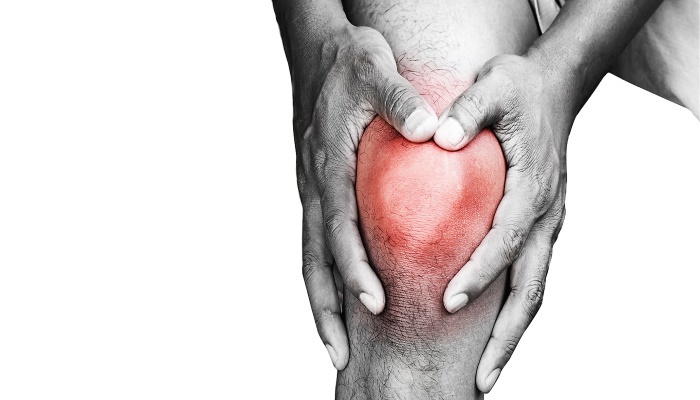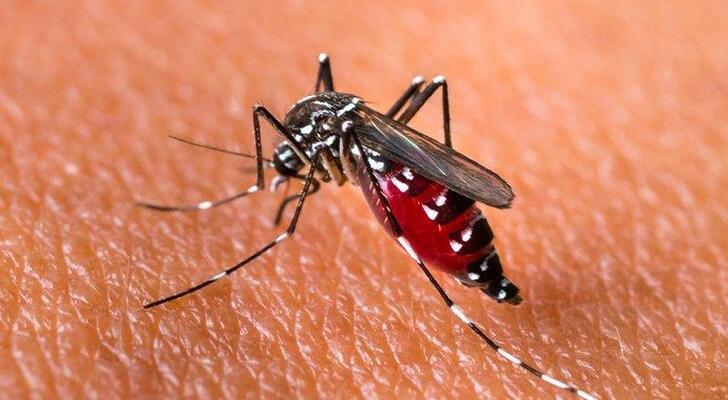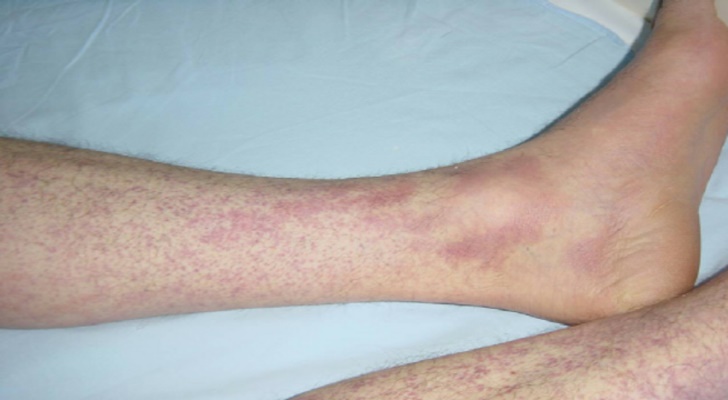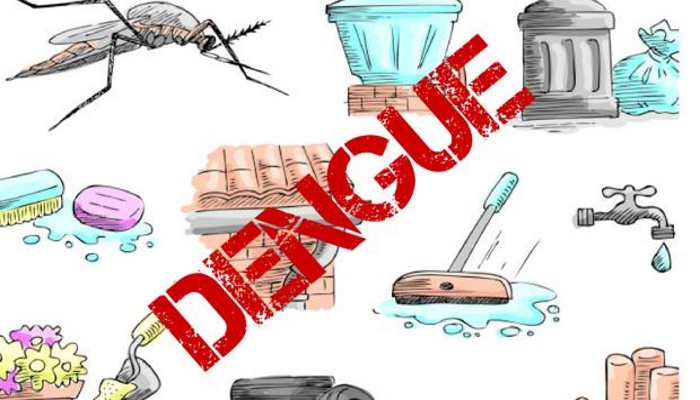Dengue Fever Symptoms and Signs

Jungle fever or calenture – call it whatever you like. Just make sure you know how to define its symptoms before starting the treatment. It is possible to find out whether you are suffering from the dengue in the two first weeks. It is a so-called incubation period. It may happen after the dangerous mosquito carrying the corresponding virus bites a victim. The infected person may not pass this disease to other people. Mind that if you notice pain in the muscles, bones, or joints, it might be the first alarming sign.

As it was previously discussed, there is no need to fear the dengue as the infected individual cannot share this disease with anyone else just by contacting the person. Only a mosquito may carry this virus a both holder and contagious source. There are no other known vectors of the disease. As a rule, the dengue fever is passed to the human once the nasty insect has its ‘bloody meal.’

Many people report having an inflamed throat. It prevents them from eating well as they experience a certain level of discomfort. In addition, such troubles are often followed by the desire to vomit and bloating sensation. Add nausea, lack of appetite, weight loss, abdominal sensitivity, and back pain. Altogether, these could be the symptoms of dengue fever. The patient experiences this discomfort feeling for at least a couple of days. Most of these signs are gone in 4-5 days. Then, they start to disappear, but don’t get too excited; the symptoms will return as the disease progresses along with a rash as a new sign. The rash will be on the body and face in particular. The extremities may also be covered with the rash.

At maximum, the signs causing discomfort will be there for half a month. Some lucky patients get rid of them in about a week. In separate cases, the patients report highly severe signs. For instance, they complain of the formation of hemorrhagic areas in the skin as well as the gastrointestinal tract. The doctors define it as a separate type of the fever. It is called a dengue hemorrhagic fever. Most of the time, kids and young adolescents suffer from this form of dengue fever.

There is another type of the dengue fever with its unique features. The scientists have named it a dengue shock syndrome (DSS). Before experiencing this one, the patient has to go through the dengue hemorrhagic fever. They are closely connected, and usually one precedes another. People who suffer from DSS complain of the harsh abdominal pain, massive bleeding, decreases in blood pressure. The progressive DSS may even lead to death.

As far as the dengue fever may evolve and cause death, in the end, it is necessary to learn how to cure it. Unfortunately, no medicament exists to avoid or get rid of it. One of the smartest ways to keep away from this problem is to avoid places in the wildery that are overwhelmed with mosquitos. It is better to use special sprays against these insects. It is especially dangerous to contact mosquitos living in some tropical areas. Another recommendation includes a constant change of water in outdoor bird baths and pets’ water dishes. It would be a helpful advice for those who have pets.
